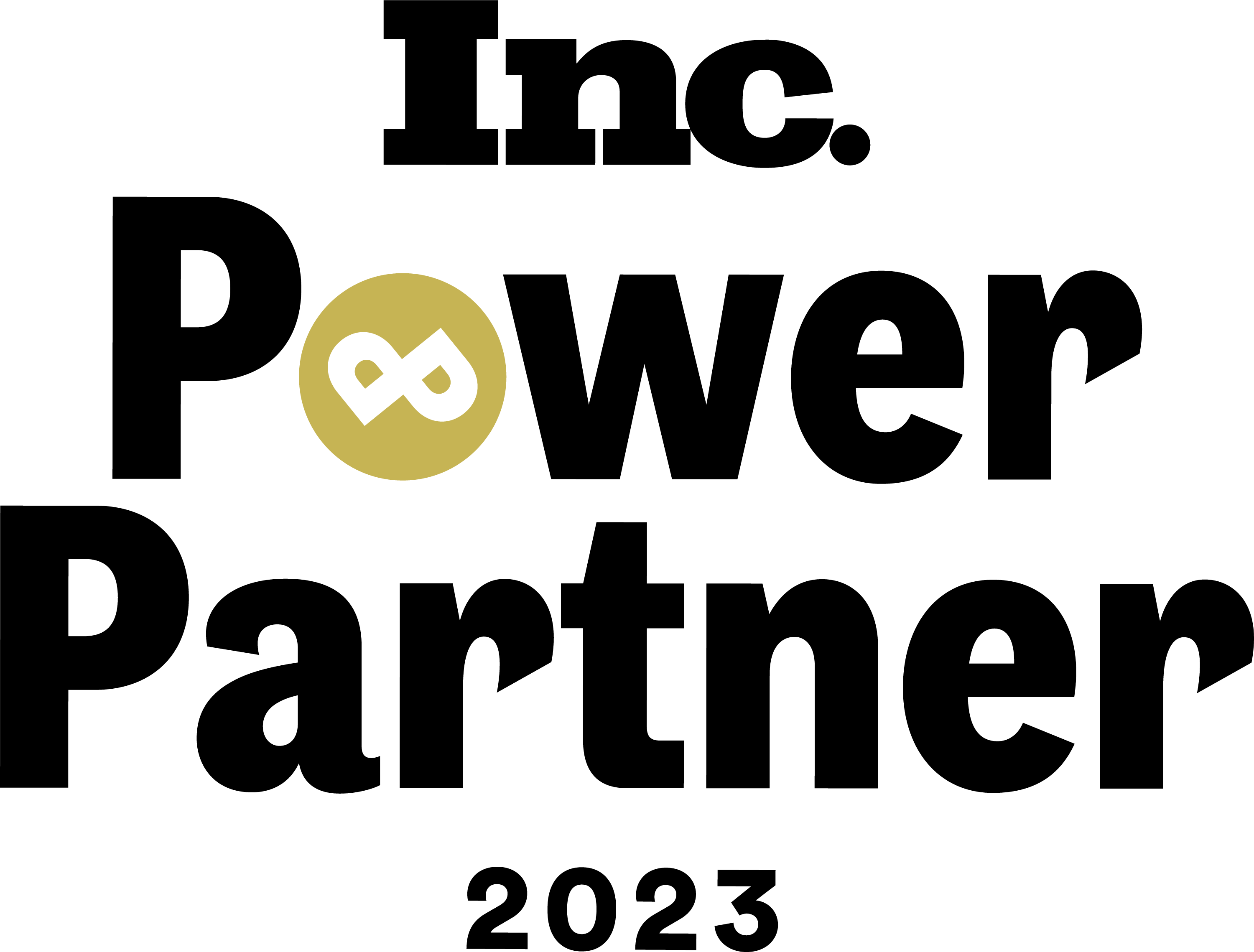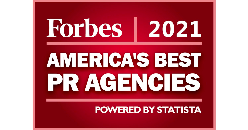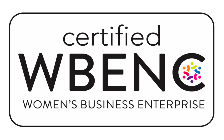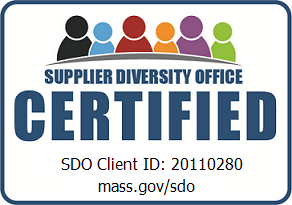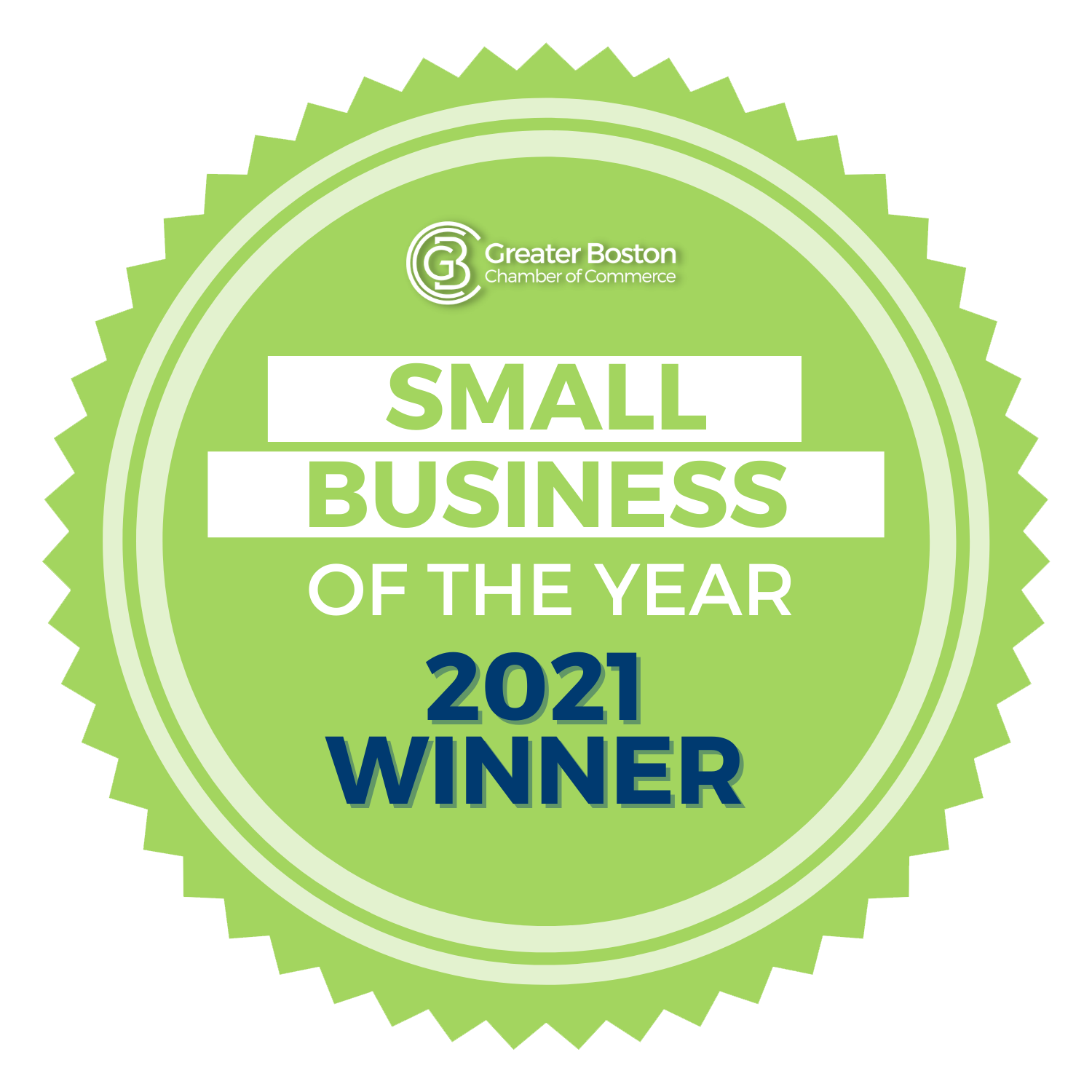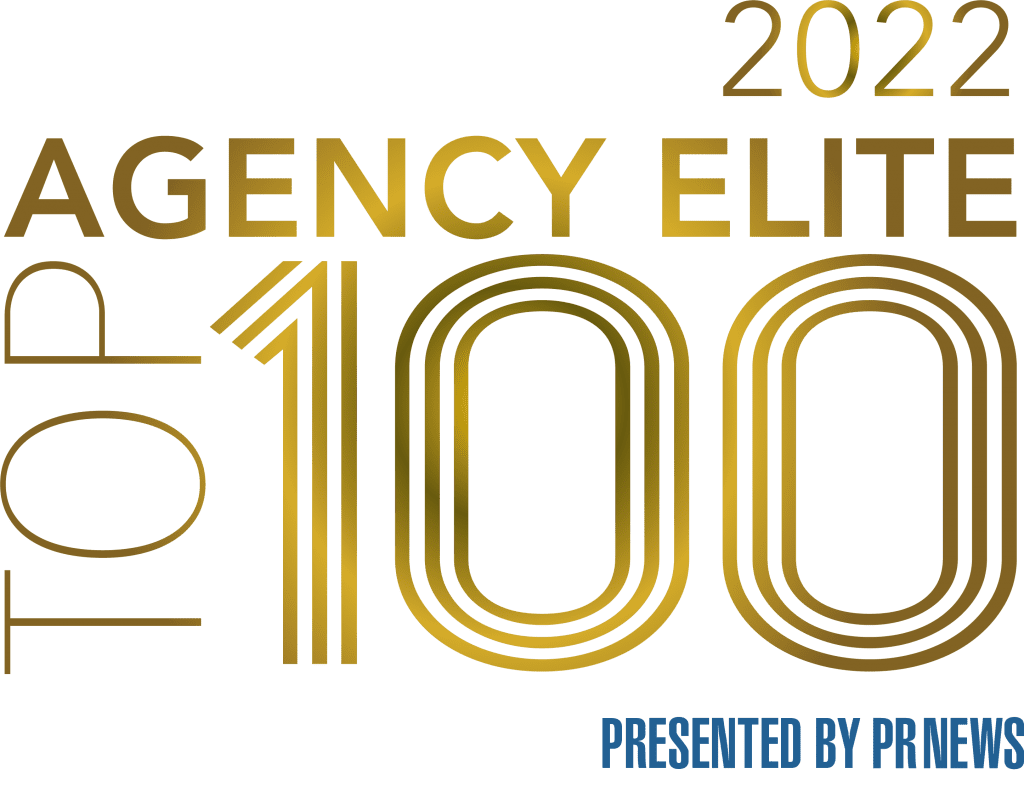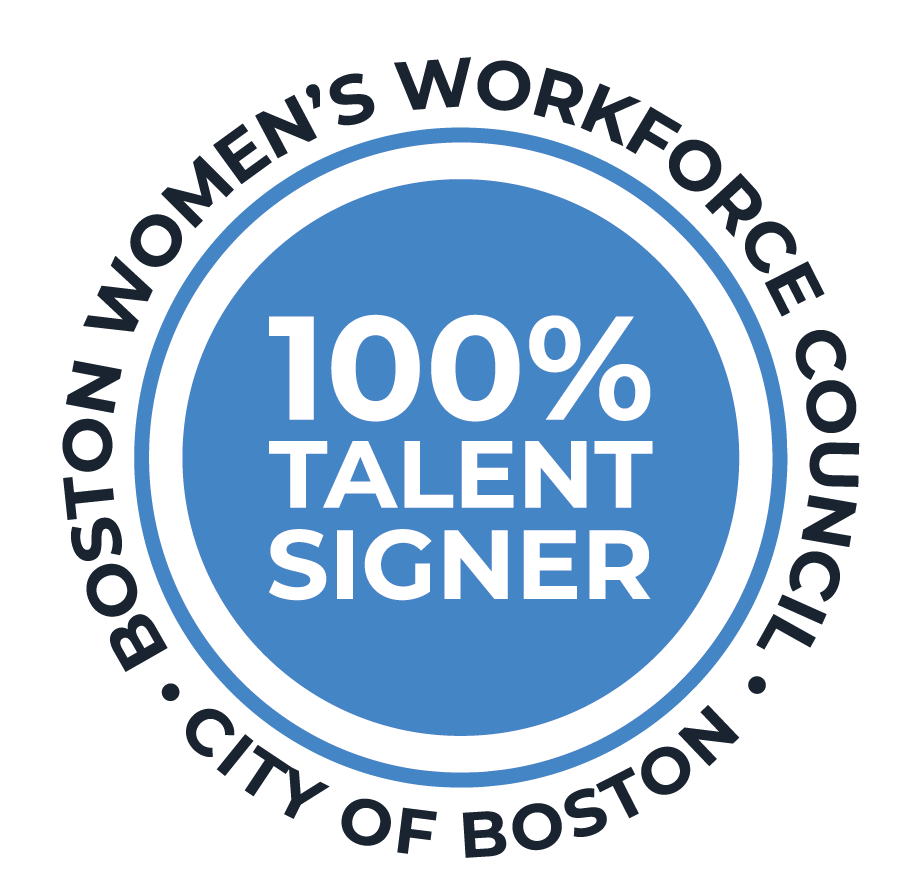In the dynamic and ever-evolving landscape of the energy industry, trust is a valuable currency. Maintaining a positive reputation is paramount as energy companies navigate complex regulatory environments, technological advancements, and societal expectations. Effective stakeholder engagement lies at the heart of reputation management – a proactive approach to building relationships with those interested in the company’s operations and decisions.
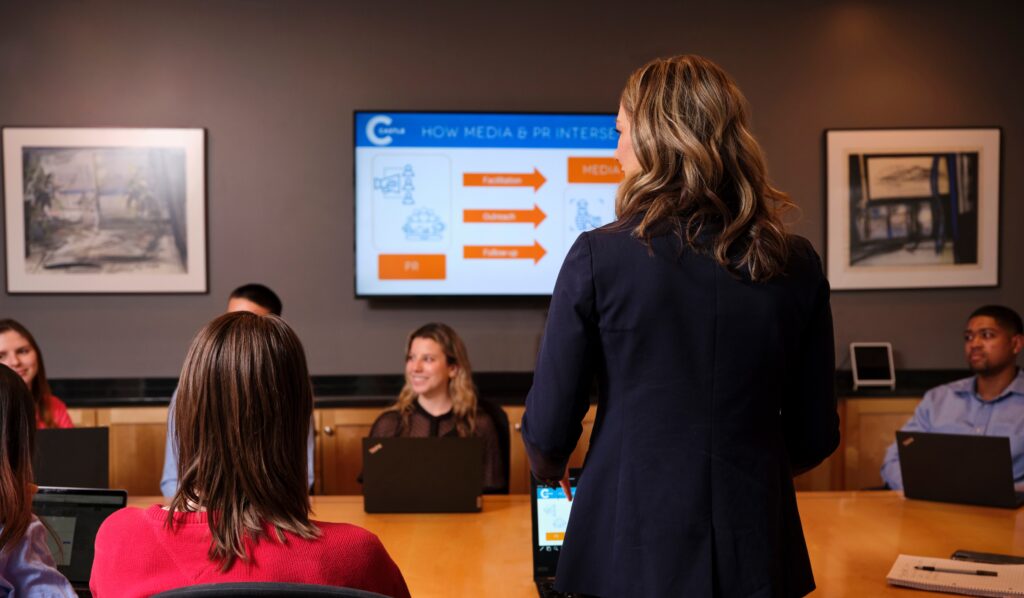
Understanding Reputation Management and Stakeholder Engagement
Reputation Management
Reputation management is the strategic process of shaping and influencing public perception of an organization. It involves actively monitoring, evaluating, and enhancing a company’s reputation through various means, including communication, actions, and stakeholder engagement.
Stakeholder Engagement
Stakeholder engagement, on the other hand, focuses on fostering meaningful relationships with individuals or groups who can impact or are impacted by the company’s activities. These stakeholders may include customers, employees, investors, regulators, local communities, environmental groups, etc.
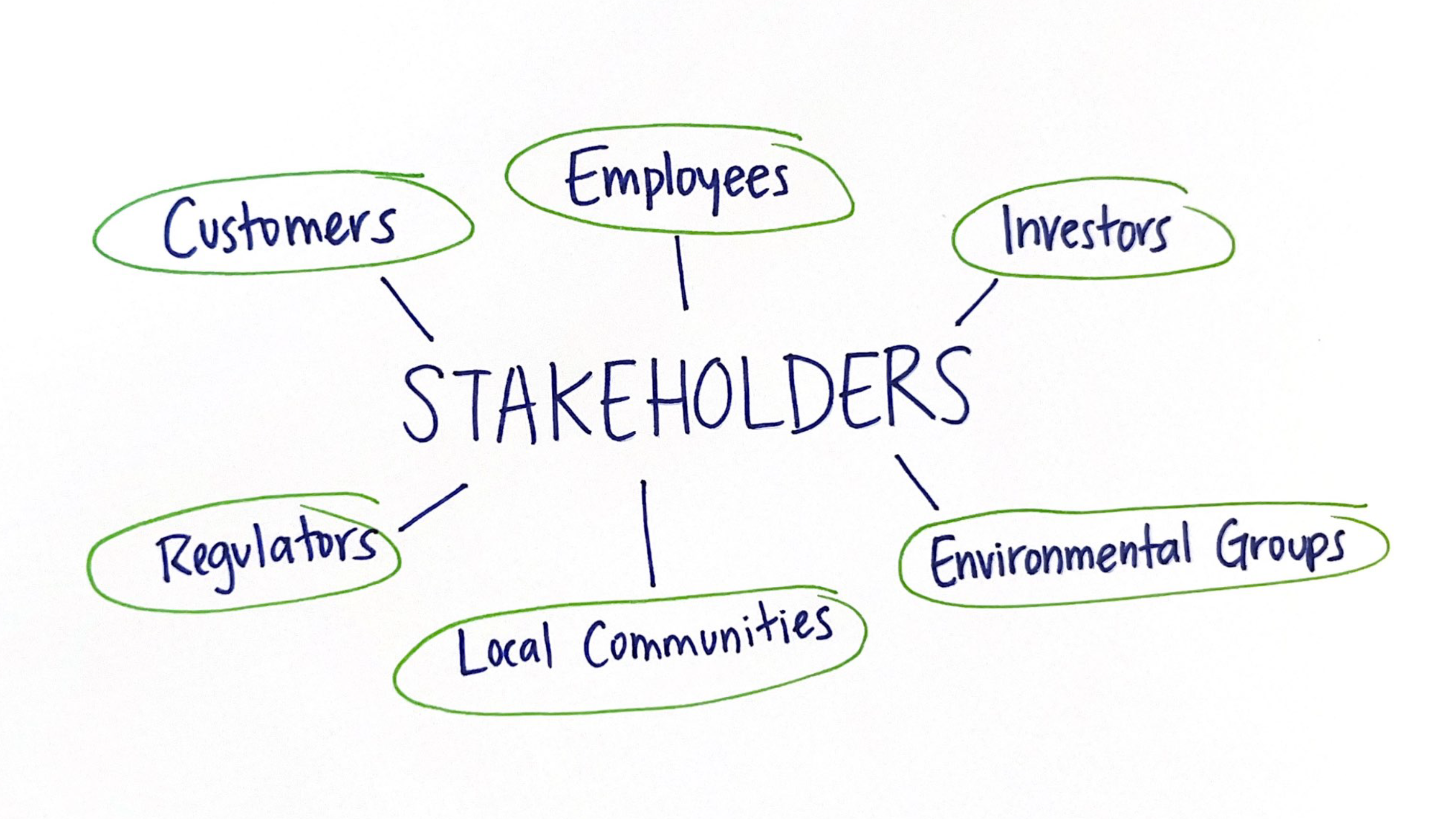
Five Tips for Engaging Stakeholders in the Energy Industry
Effective engagement involves listening to stakeholder concerns, addressing their needs and expectations, and involving them in decision-making.
1. Listening
When people hear that a new energy project or technology is being developed in their community, they can feel mistrust—and for good reason. Historically, utility and transmission siting projects have led to instances of environmental injustice, unfair economic burdens, and lack of representation in decision-making processes among communities of color.
Before trying to engage a stakeholder group by talking to them, the most important thing a company can do to build trust is listen. Active listening acknowledges past injustices and ensures that future projects are implemented with the community’s needs, concerns, and perspectives.
By fostering transparent and inclusive dialogues, energy companies can work towards rebuilding trust and creating more equitable outcomes for all stakeholders involved.
Example
One of Castle’s clients planned to host a summit to bring together diverse thought, nonprofit, and community leaders to discuss barriers to equity in the energy transition. They asked us to help develop a list of invitees. What we did, instead, was suggest they pump the brakes.
An invitation from a large company that is unfamiliar with these passionate leaders’ work would fall flat. We recommended that our client push the summit out and, instead, focus on engaging one-on-one with these critical stakeholders.
Our client spent the better part of a year setting up coffee chats with these leaders—chats without agendas. Sometimes, coming to a conversation without an agenda or an ask is the first step toward building trust. This approach can—and did—go a long way to building trust and reputation for our client.
2. Transparent Communication
Once the lines of communication have opened and active listening occurs, companies must remember to communicate openly and transparently about their goals, operations, and impacts. They must also provide stakeholders with accurate and timely information to foster trust and credibility.
3. Proactive Engagement
As we mentioned in tip #1, much is to be said for engaging early and often. Don’t wait for issues to arise before engaging stakeholders. Proactively seek feedback, listen to concerns, and involve stakeholders in discussions about critical decisions, such as project developments or policy changes.
4. Tailored Approaches
Recognize that each stakeholder group has different interests and priorities. To ensure your efforts are successful, consider tailoring your engagement strategies to meet each group’s specific needs and expectations, whether it’s through community outreach, industry partnerships, or investor relations.
Example
In the example we shared above, many stakeholders ran non-profits supporting small businesses. Our client was well positioned to offer grants to boost their bottom lines and offer training. Doing so would uplift diverse small businesses and contribute to the growth of our collective economy—a win-win.
5. Collaborative Problem-Solving
Engage stakeholders as partners in finding solutions to common challenges. Collaborate on initiatives that benefit all parties involved, such as community development projects, educational programs, or technological innovations.
Mitigating Reputational Risks through Stakeholder Engagement
Effective stakeholder engagement is critical for mitigating reputational risks in the energy industry. By involving stakeholders in decision-making processes and addressing their concerns proactively, companies can:
- Build Trust and Credibility : By engaging stakeholders and demonstrating a commitment to transparency, accountability, and responsiveness, companies build trust and credibility
- Enhance Community Support: By actively involving local communities, environmental groups, and other stakeholders in their networks, companies can secure the social license to operate, minimizing opposition and regulatory hurdles.
- Anticipate and Manage Issues: Regular engagement with stakeholders allows companies to connect meaningfully with different groups, help identify potential issues early on, and address them before they escalate into crises.
At Castle, we believe effective stakeholder engagement is essential for our clients in the energy industry to build trust and credibility. We also consider it a tool for mitigating reputational risks and driving long-term success. By adopting a proactive and inclusive approach to engagement, companies that are part of the energy conversation can navigate complex challenges, foster positive relationships, and contribute to a more sustainable future.








